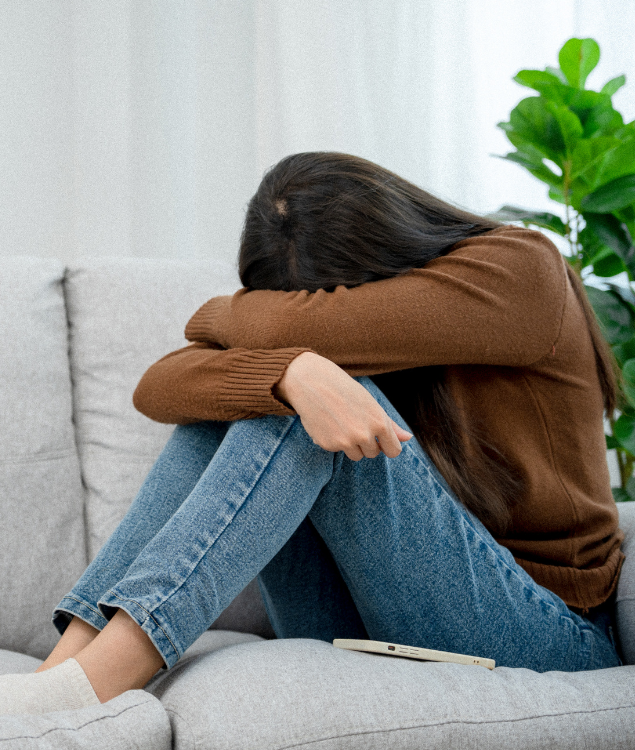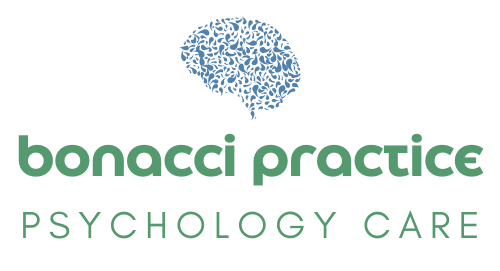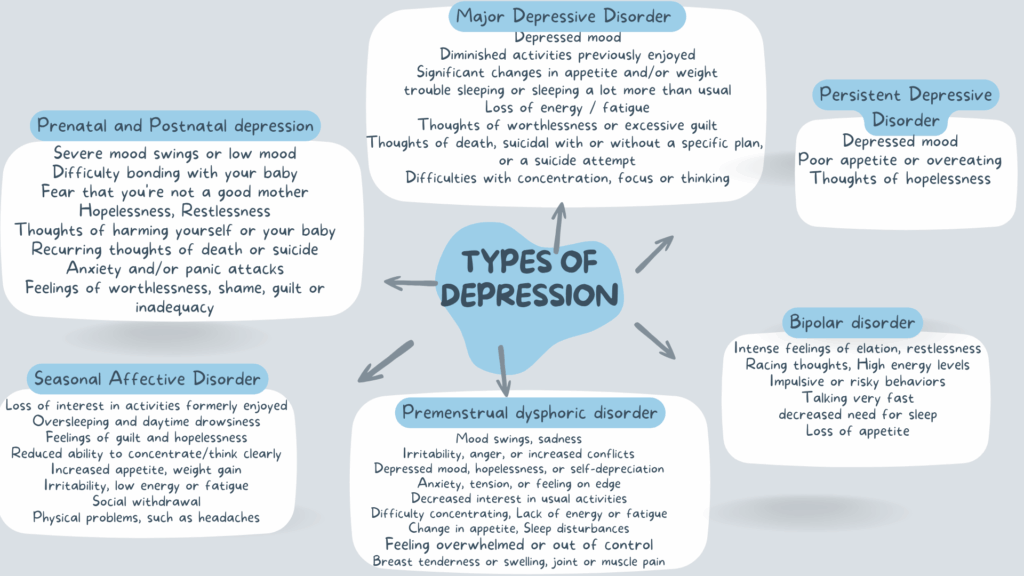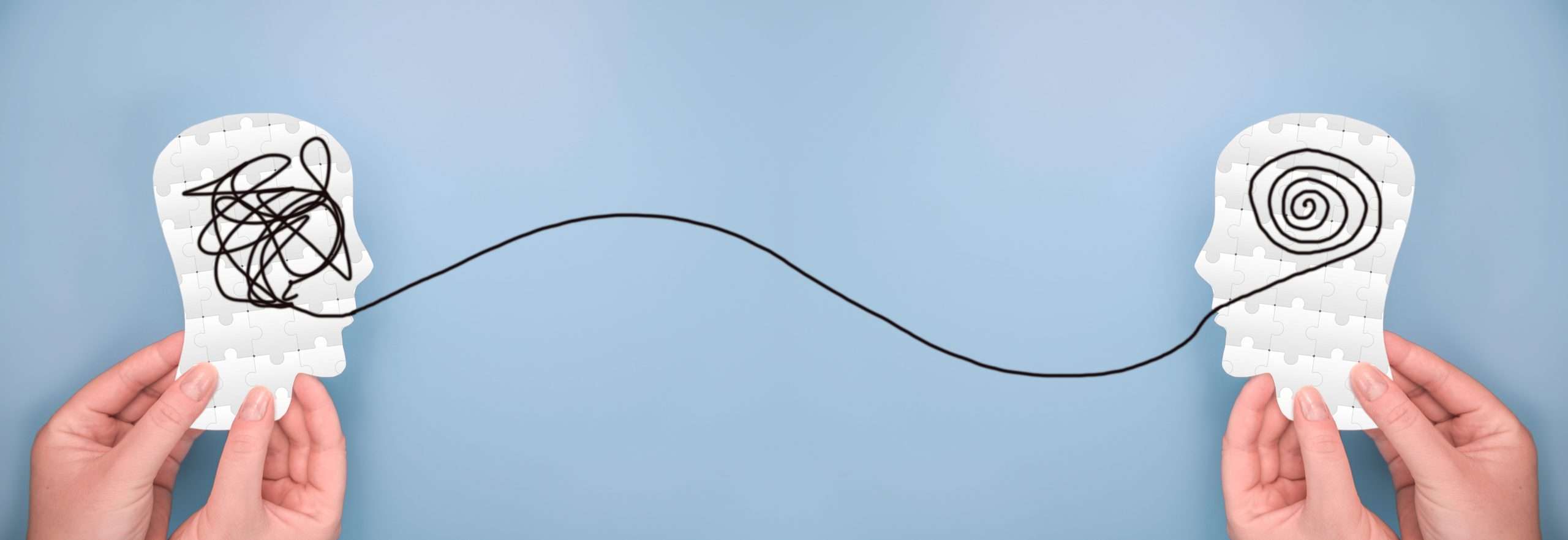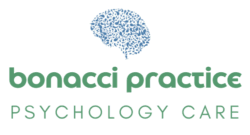Depression Therapy
What is depression?
We all can feel low or sad from time to time; this is a normal part of life. However, if these feelings stay for more than two- weeks, represent a change from the person you usually are and cause significant distress in your life they could be a sign of depression.
Depression is common and can affect anyone, regardless of age, gender or background. It negatively affects how you think, feel and behave and not something you can “snap out of”, even with your best efforts.
Depression goes beyond feeling sad or having a bad day; it’s a persistent feeling of sadness, loss of interest, or pleasure in activities you once enjoyed. These feelings are intense and last for periods of time, interfering with your life, social activities, relationships, work or start of study/schooling.
